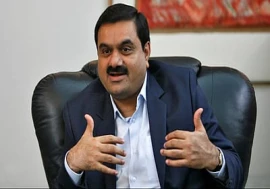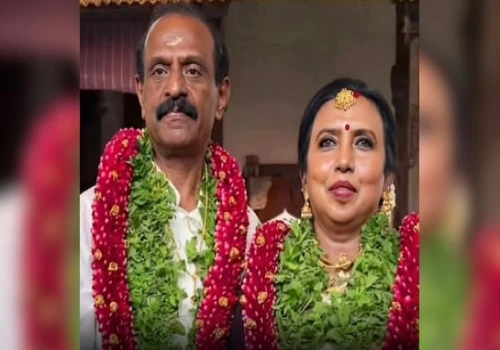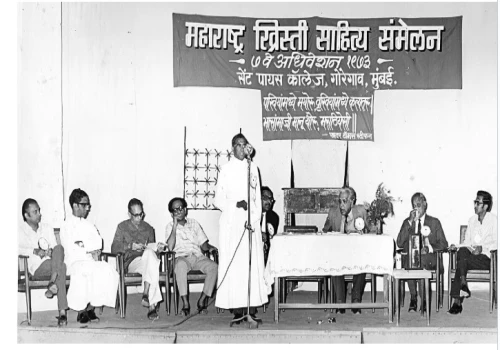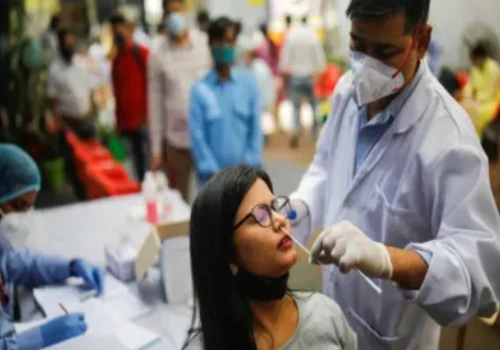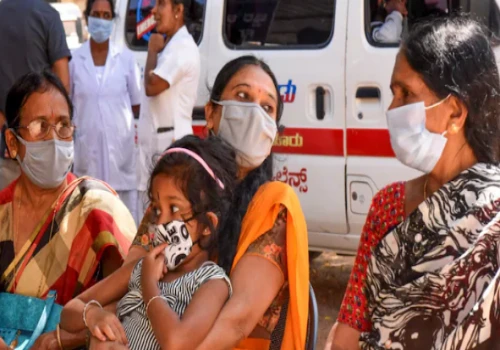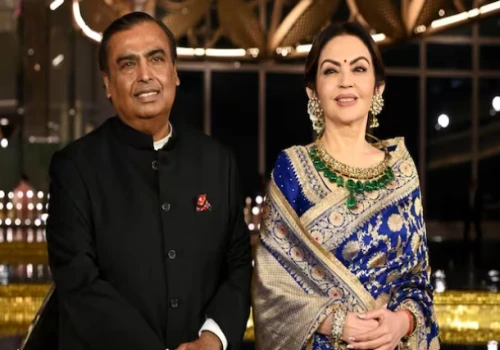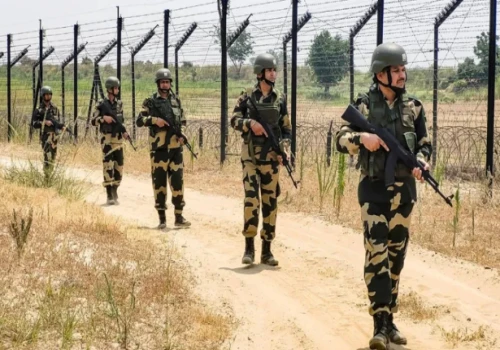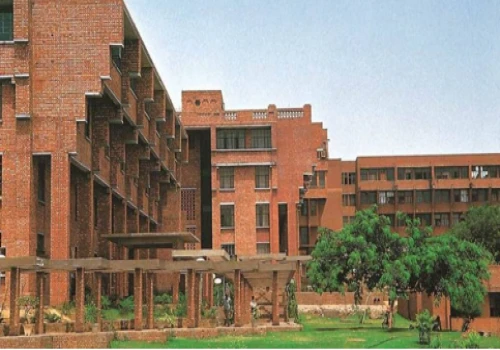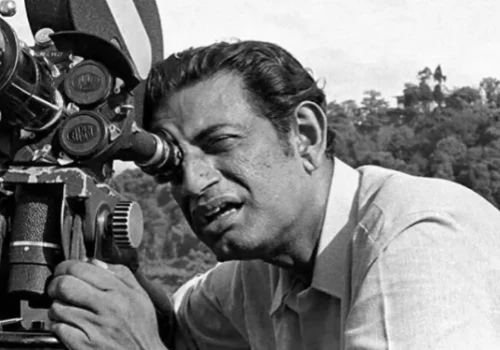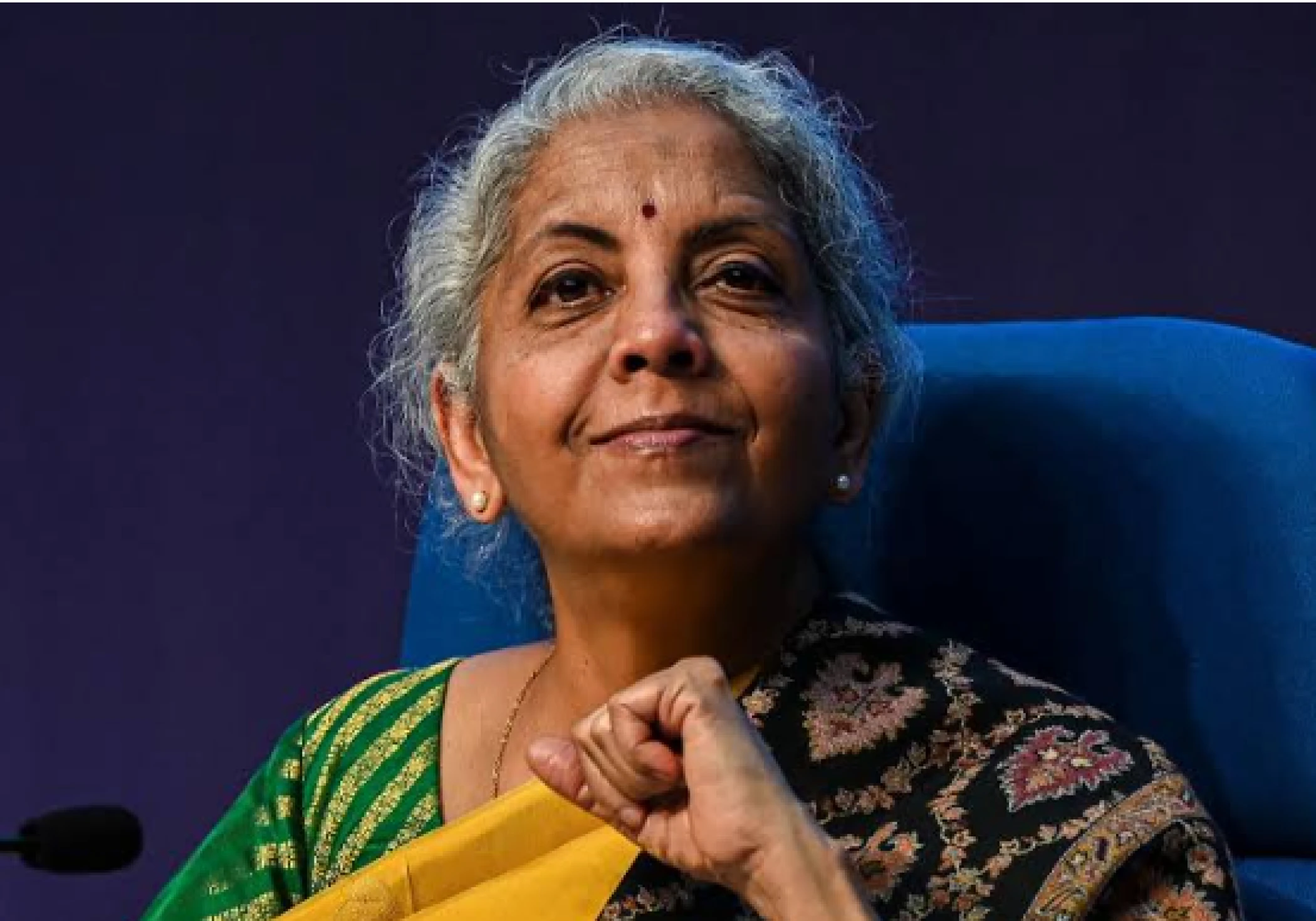
Nirmala Sitharaman is a leading figure in Indian politics who has become famous for her record-breaking achievements as the country's first full-time female Defence Minister and Finance Minister. Her rise from humble beginnings in Tamil Nadu to becoming the country's economic and defense strategies leader in every sense is an epitome of resilience, intelligence, and an uncompromising commitment to public service.
Early Life and Education
Born on August 18, 1959, in Madurai, Tamil Nadu, Nirmala Sitharaman was born into a Tamil Iyengar Brahmin family. Her father, Narayanan Sitharaman, worked with the Indian Railways, and the family moved often around the southern parts of India. Sitharaman did her undergraduate degree in Economics at Seethalakshmi Ramaswami College in Tiruchirapalli. She pursued a Master's degree in Economics from Jawaharlal Nehru University (JNU), New Delhi, and later did an M.Phil. Non-Political Career
Prior to entering the political fray, Sitharaman accumulated varied professional experiences. She served with the Agricultural Engineers Association in the UK and subsequently with the BBC World Service. Her stay at PricewaterhouseCoopers (PwC) in London also sharpened her analytical and management skills.
Political Career
Sitharaman's political career began in 2006 as a member of the Bharatiya Janata Party (BJP). Her well-spoken communication skills and in-depth knowledge of economic matters soon raised her profile in the party. She became the BJP's national spokesperson in 2010.
In 2014, she was elected to the Rajya Sabha from Andhra Pradesh and was appointed to Prime Minister Narendra Modi's cabinet as Minister of State for Finance and Corporate Affairs. She later became the Minister of State (Independent Charge) for Commerce and Industry.
Union Defence Minister
In September 2017, Sitharaman made history by becoming India's first full-time female Defence Minister. Throughout her term, she presided over major defense purchases and focused on the modernization of the military. Her tenure was characterized by attempts to boost India's defense capabilities and strategic alliances.
Union Finance Minister
In May 2019, Sitharaman was appointed Union Finance Minister, becoming the first woman to hold the office full-time.
Her term has been marked by large economic reforms and policy choices to strengthen India's economy. During the 2025-26 financial year, she declared a goal to lower the fiscal deficit to 4.4% of GDP from 4.8% in the current year. The government also raised its gross borrowing to ₹14.82 trillion to cover the deficit. Along with this, alterations in personal taxation policies were initiated, which would lower revenue by ₹1 trillion. The policy involves moving the fiscal policy threshold to debt-to-GDP from 2026-27 onwards, with the aim of bringing down the debt ratio to 50% as of March 31, 2031, from the current 57.1%. Sitharaman has also been able to guide the Indian economy through global pressures.
In reaction to American trade tariffs on major sectors such as gems, chemicals, and pharmaceuticals, she underlined the importance of sustained support by both the Reserve Bank of India and the government. She emphasized the value of sustained domestic-led growth and observed that India is weighing steps like extended interest subsidies and incentives for export diversification. In her trip to London for the 13th UK-India Economic and Financial Dialogue, she conveyed hope about achieving a free trade agreement between the UK and India.
Awards and Honours
The nation and international awards have acclaimed Sitharaman for her contributions. She was ranked in the world's most influential women in business by Forbes, and her efforts in leadership and economic policy governance have earned her awards of accolades.
Personal Life
Nirmala Sitharaman is married to Dr. Parakala Prabhakar, an academic and political commentator. The couple has a daughter, Parakala Vangmayi, who is married to Pratik Doshi, a key aide to Prime Minister Narendra Modi.
Conclusion
Nirmala Sitharaman's rise to prominence in Indian politics is a testament to her knowledge, commitment, and pioneering spirit. Her role as a leader in defense and finance not only broke glass ceilings but also guided India through economically and strategically complex terrains. As she keeps charting the course of the nation's future, Sitharaman is still a symbol of empowerment and perseverance in Indian public life.

